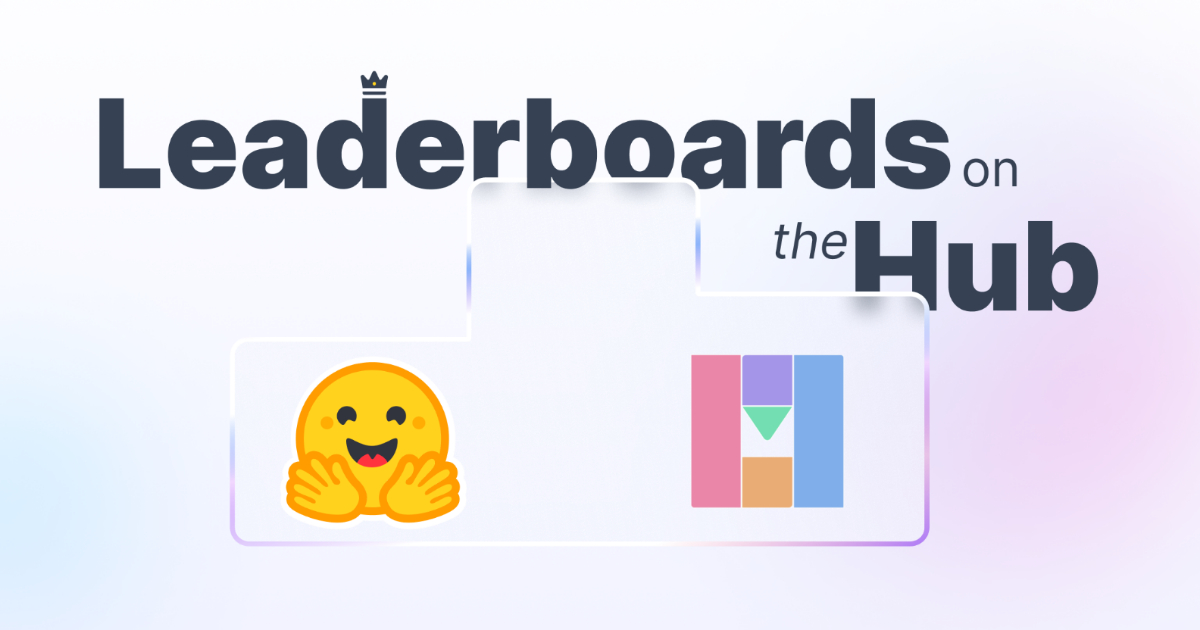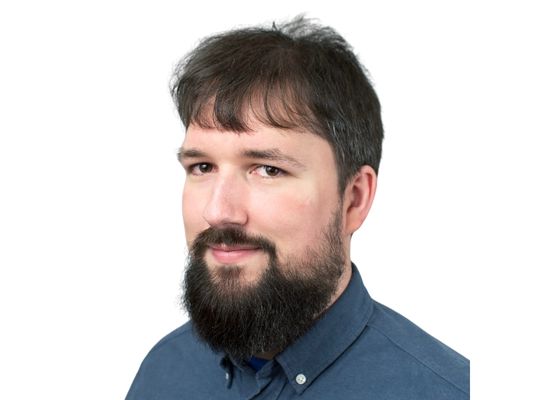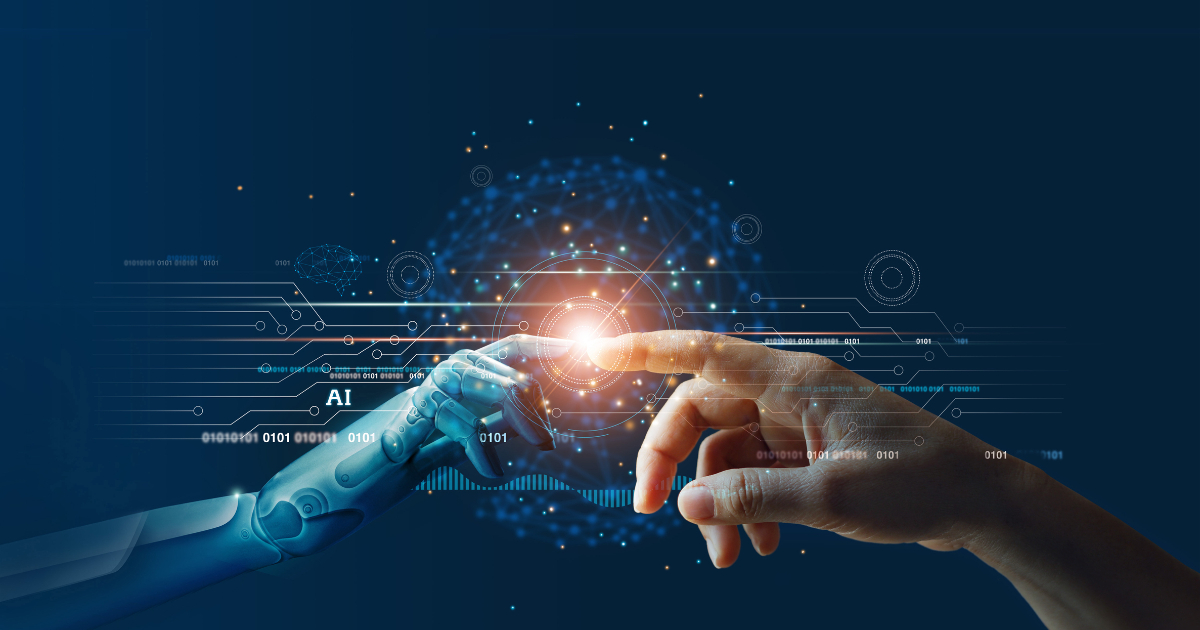Codetown
Codetown ::: a software developer's community
February OJUG ::: Programming Platform Growth: Table Stakes or Deal Makes?
Hello Java Enthusiasts!
You're in for a treat! We have a great presentation coming up, Here are the details.
experience, spanning many languages, operating systems, and platforms,
to survey what it takes to make a programming language platform
successful in terms of widespread use. Ed will look at Java, Python,
Node, Go, and Swift and evaluate the ingredients that brought each one
its own form of success. Finally, Ed will draw some lessons that apply
to anyone trying to grow their computing platform, because, at some
level, we are all in the platform business.
## Purpose of the Talk
IT practitioners are often faced with platform selection choices when
building solutions for their customers. The set of available choices is
always subject to lots of churn and chaos. This talk looks at what
separates successful platforms from others in terms of how each one
deals with technical and non-technical concerns.
## Target Audience
* Architect level developers who are faced with technology selection choices.
* Developers who want the platforms they are building to be successful.
## Audience Takeaway
Success is never an accident, and when it comes to programming platforms
thare are many checkbox-type things your platform must have to ensure
success. But implementing these things requires lots of grit,
determination, and polish.
Tags:
Replies to This Discussion
-
Permalink Reply by Michael Levin on February 22, 2019 at 2:13pm
-
Please note the date has been changed to 3/7.
-
Notes
Welcome to Codetown!
 Codetown is a social network. It's got blogs, forums, groups, personal pages and more! You might think of Codetown as a funky camper van with lots of compartments for your stuff and a great multimedia system, too! Best of all, Codetown has room for all of your friends.
Codetown is a social network. It's got blogs, forums, groups, personal pages and more! You might think of Codetown as a funky camper van with lots of compartments for your stuff and a great multimedia system, too! Best of all, Codetown has room for all of your friends.
Created by Michael Levin Dec 18, 2008 at 6:56pm. Last updated by Michael Levin May 4, 2018.
Looking for Jobs or Staff?
Check out the Codetown Jobs group.
InfoQ Reading List
IBM Cloud Code Engine Serverless Fleets with GPUs for High-Performance AI and Parallel Computing

IBM Cloud Code Engine’s new Serverless Fleets revolutionizes how enterprises tackle compute-intensive tasks. Harnessing integrated GPU support, it simplifies the execution of large-scale workloads with a fully managed, pay-as-you-go model. This efficient platform eliminates operational complexities, enabling developers to focus on innovation while ensuring cost-effectiveness and scalability.
By Steef-Jan WiggersHugging Face Introduces RTEB, a New Benchmark for Evaluating Retrieval Models

Hugging Face unveils the Retrieval Embedding Benchmark (RTEB), a pioneering framework to assess embedding models' real-world retrieval accuracy. By merging public and private datasets, RTEB narrows the "generalization gap," ensuring models perform reliably across critical sectors. Now live and inviting collaboration, RTEB aims to set a community standard in AI retrieval evaluation.
By Robert KrzaczyńskiPresentation: Creating Impactful Teams Across Diverse Work Environments

Natan Žabkar Nordberg shares actionable strategies for creating impactful teams across diverse work environments, focusing on the link between culture, diversity, and ROI. He discusses how to build trust through early delegation, empower teams with guided autonomy (using improv examples), and improve communication via a "session 0" framework, offering key takeaways for all engineering leaders.
By Natan Žabkar NordbergTesting Organizations' Widespread Adoption of Agentic AI, but Leadership Lags in Understanding

Nearly all software testing teams are either using or plan to use agentic AI, but many leaders admit they lack a clear grasp of testing realities, according to a recent survey of 400 testing executives and engineering leaders.
By Craig RisiArticle: If Architectures Could Talk, They’d Quote Your Boss

Software architecture reflects how organizations communicate and make decisions. Failures stem from misaligned incentives, unclear ownership, and structural gaps—not technical flaws. Architects must design not just systems, but the conditions for systems to thrive, using platform thinking to reduce friction and foster autonomy.
By Sven-Torben Janus
© 2025 Created by Michael Levin.
Powered by
![]()